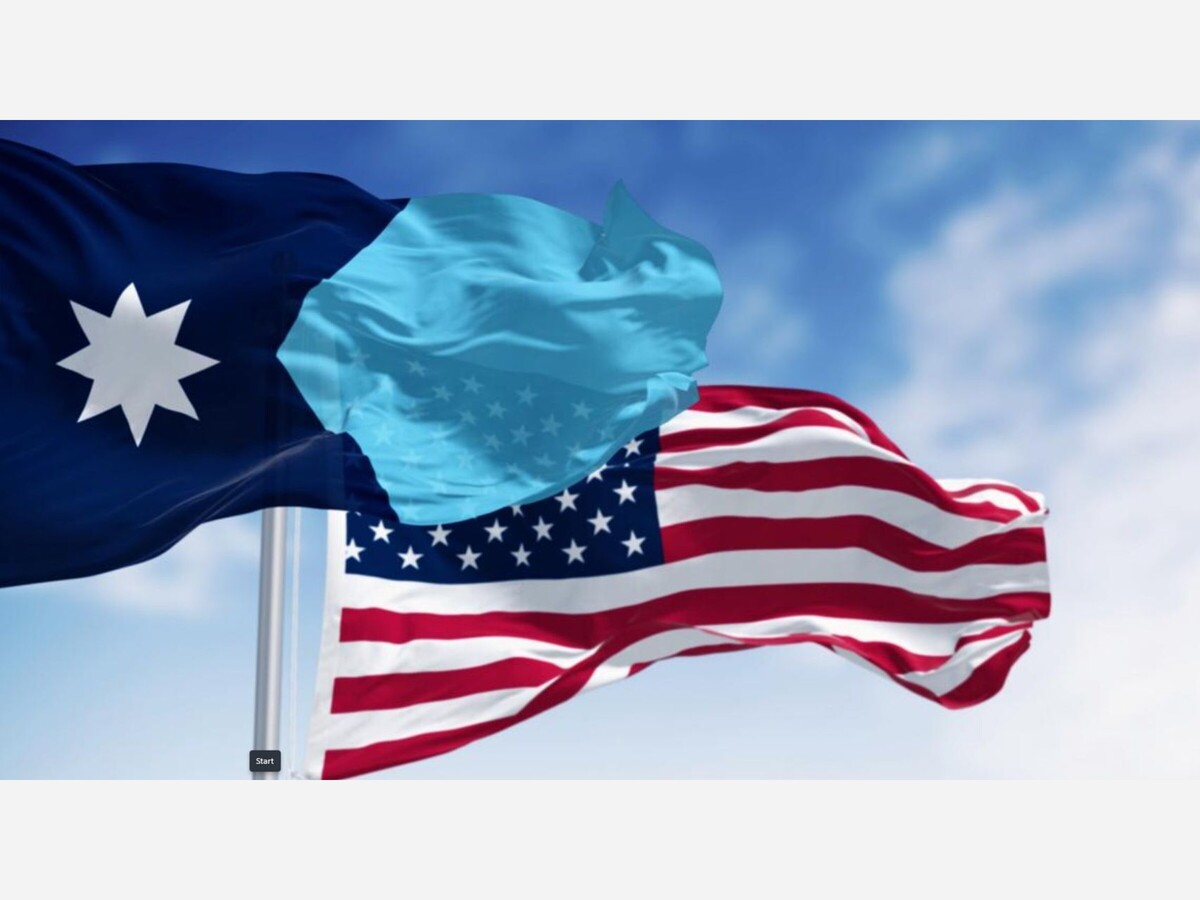Image


SAINT PAUL (Aug. 19, 2025) – Minnesota Attorney General Keith Ellison has filed a sweeping lawsuit against TikTok Inc., alleging that the social media giant illegally exploits young users through addictive design practices and operates an unlicensed virtual money-transfer system within its platform.
The 99-page complaint, filed Tuesday in Hennepin County District Court (Case No. 27-CV-25-15301), argues that TikTok’s algorithms, “infinite scroll” design, push notifications, and beauty filters are deliberately engineered to maximize the time children and teens spend on the app—while exposing them to harmful content that contributes to rising rates of anxiety and depression among Minnesota youth.
Ellison further accuses TikTok of unlawfully running a shadow economy through its TikTok LIVE feature, where users purchase in-app “Coins” and exchange them for digital “Gifts” that can later be converted back into cash. The lawsuit claims this amounts to operating a money transmission business without a state license.
If successful, Minnesota is seeking a permanent injunction to force design and policy changes, as well as civil penalties of up to $25,000 per violation. State attorneys argue that each instance of a Minnesota child accessing TikTok could be counted as a separate violation, potentially exposing the company to massive financial liability.
At a press conference announcing the suit, Ellison said TikTok “prioritized profit over people, and especially over the wellbeing of our kids,” adding that the company exploited “the vulnerabilities of young minds for financial gain.”
This is not Ellison’s first challenge to Big Tech. Minnesota also joined multistate litigation against Meta in 2023 over similar allegations involving Facebook and Instagram.
TikTok quickly pushed back. Company spokesperson Nathaniel Brown dismissed the complaint as “based on misleading and inaccurate claims,” highlighting existing safety features such as Family Pairing, time limits, and teen-default privacy settings.
Minnesota joins a growing list of states—including Arkansas, Indiana, and Utah—that have taken legal action against TikTok in the past year. Across the country, lawmakers and regulators are increasing pressure on social media platforms to mitigate risks to children’s mental health and to rein in opaque digital economies.
The case will proceed in Hennepin County District Court, where the state will pursue penalties, profit forfeiture, and structural reforms to TikTok’s platform. The company is expected to mount a vigorous defense, challenging both the facts and the legal foundation of Minnesota’s claims.